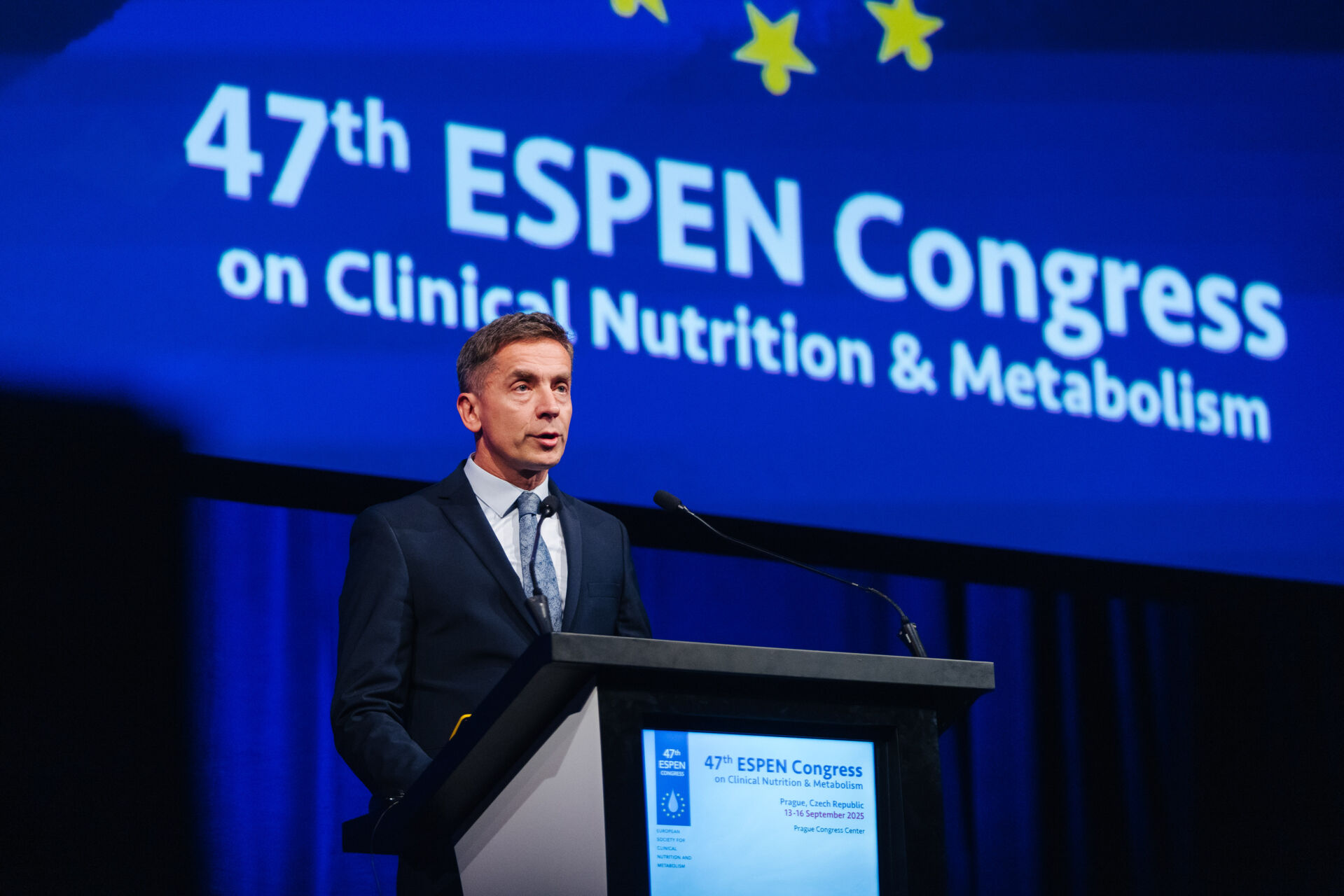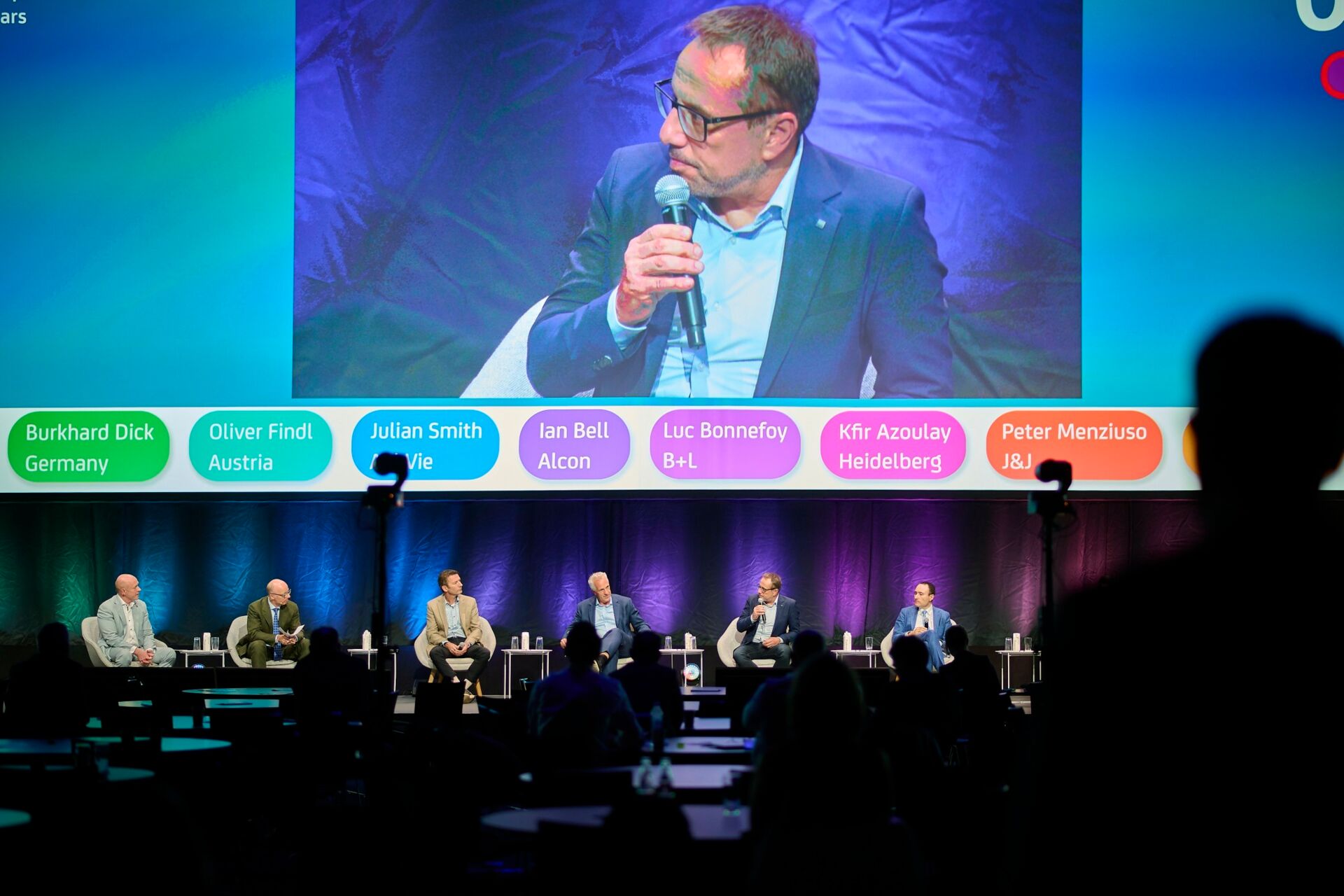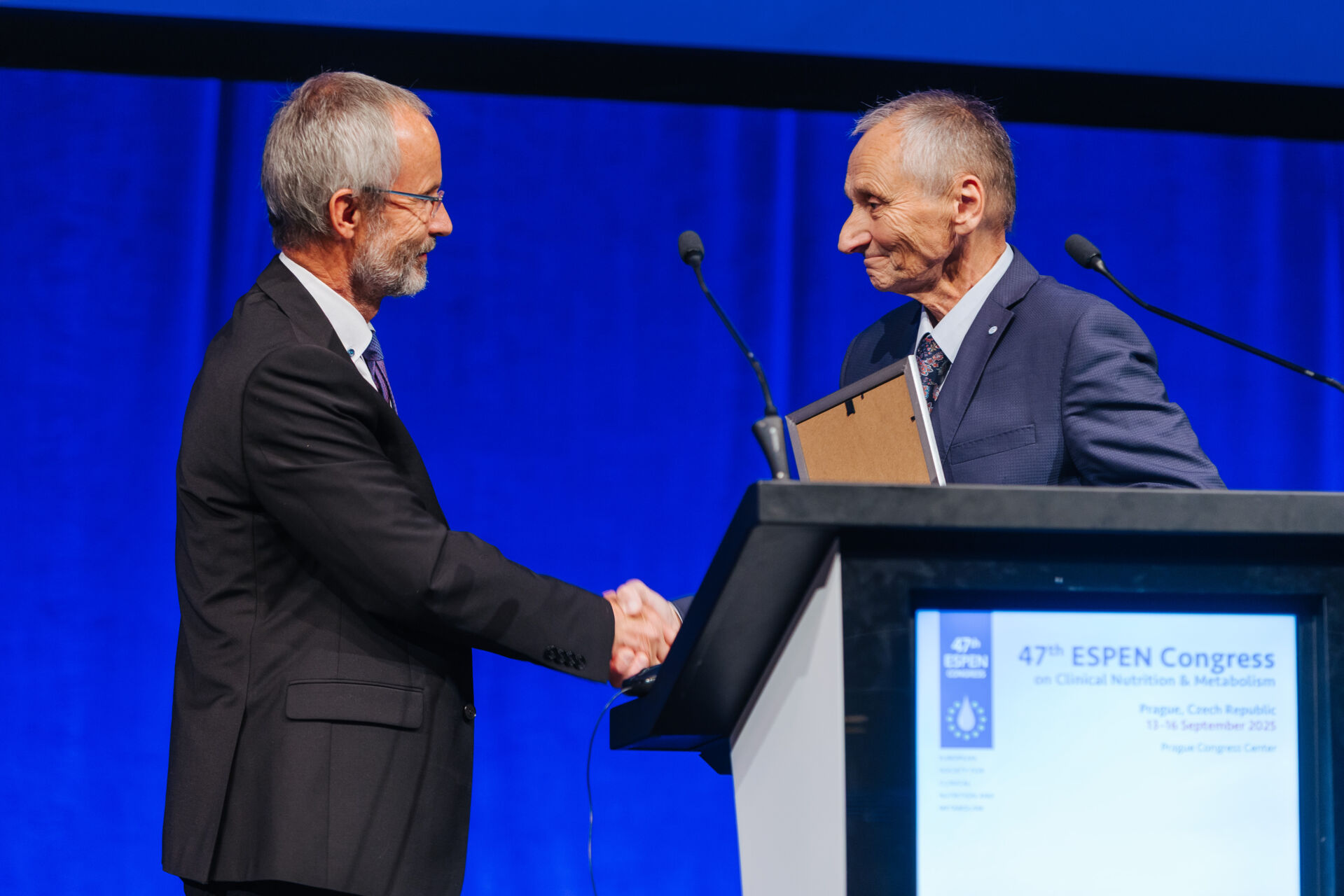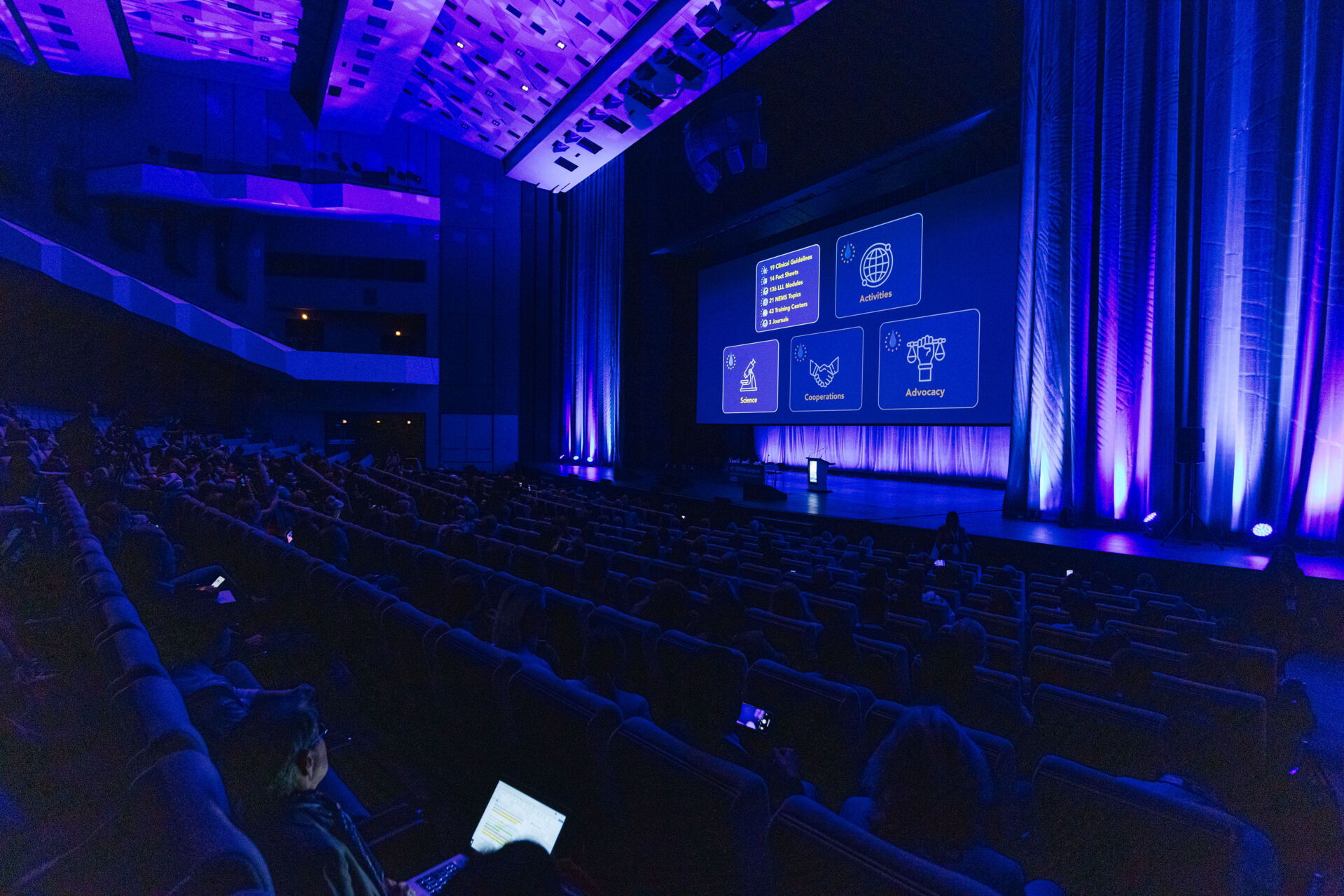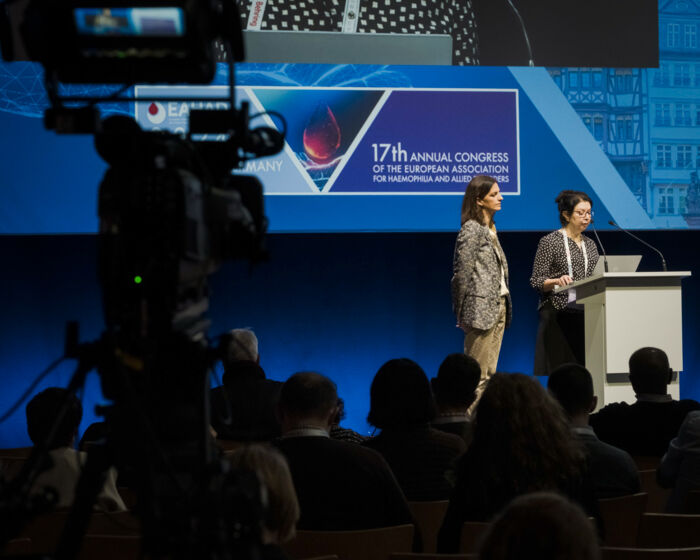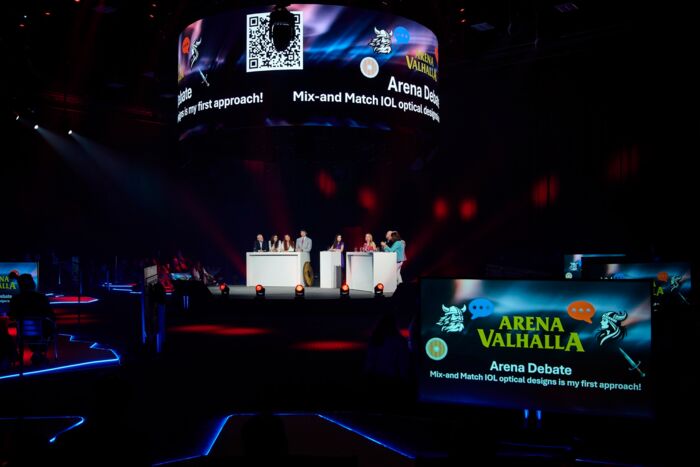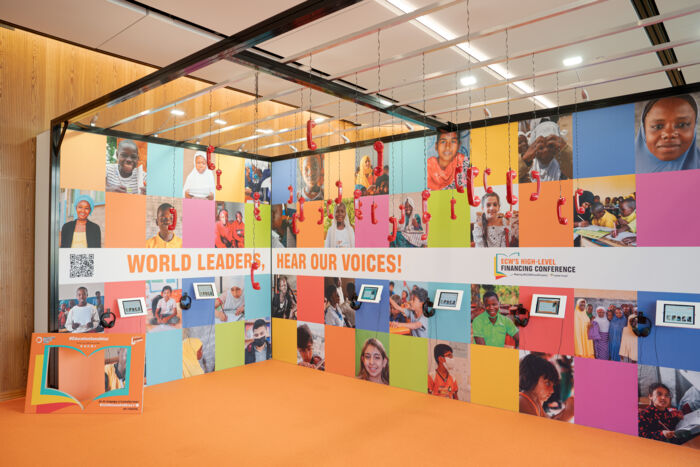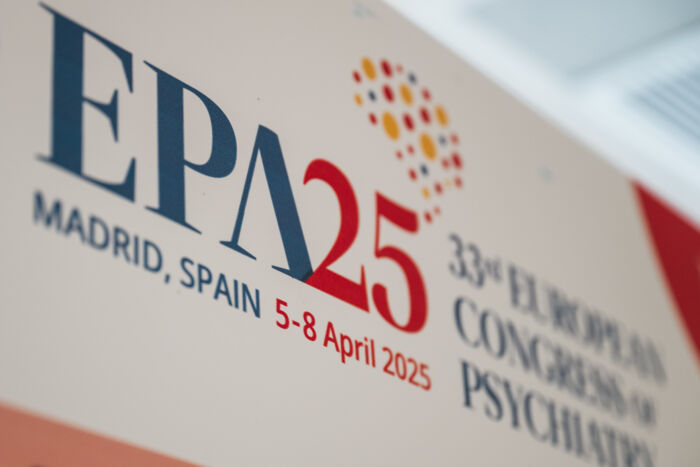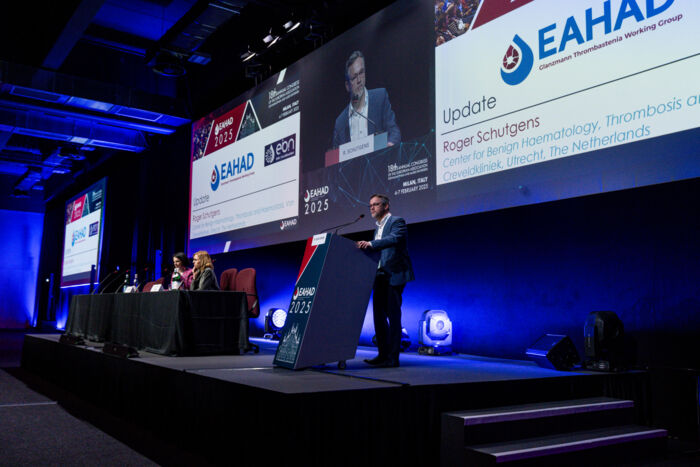Over 4 days, the program features 101 sessions, 5 satellite symposia, and 21 LLL courses. Scientific output is highlighted by 1,516 abstracts submitted, resulting in 77 oral communications and more than 900 posters, complemented by 10 poster tours dedicated to in-depth discussions of research. The faculty includes 142 international experts.
At the heart of this congress, scientific rigor and academic excellence are showcased through plenary lectures, symposia, oral sessions, poster presentations, and practical workshops. The program also includes LLL (Live Learning & Live Courses), recognized as leading references in continuing education, enabling participants to strengthen their expertise in key areas such as nutrition in intensive care, the management of chronic diseases, and innovative approaches in micronutrition and nutrigenomics. ESPEN also presents updated practical guidelines, offering clinicians evidence-based recommendations that are both up to date and directly applicable in daily practice.
